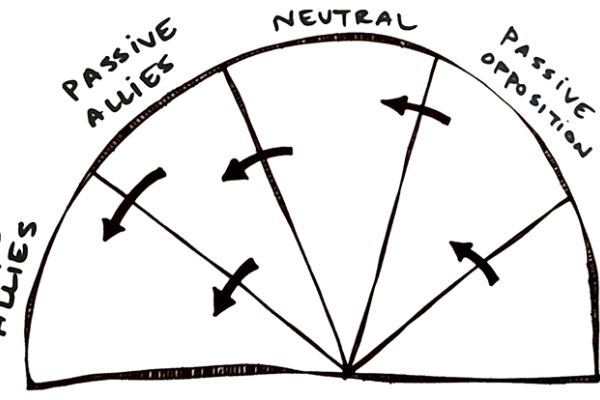Nov 23, 2016
“Remember that this isn’t the only conversation/interaction you’re going to have,” writes Christena Cleveland.
The New York Times had Clinton supporters and Trump supporters ask each other these questions. Listen to their results here.
If all efforts at engaging have stalled, SURJ has a holiday hotline to help. “Get stuck? Simply text SOS to 82623.”
Read the Full Article

Already a subscriber? Login
